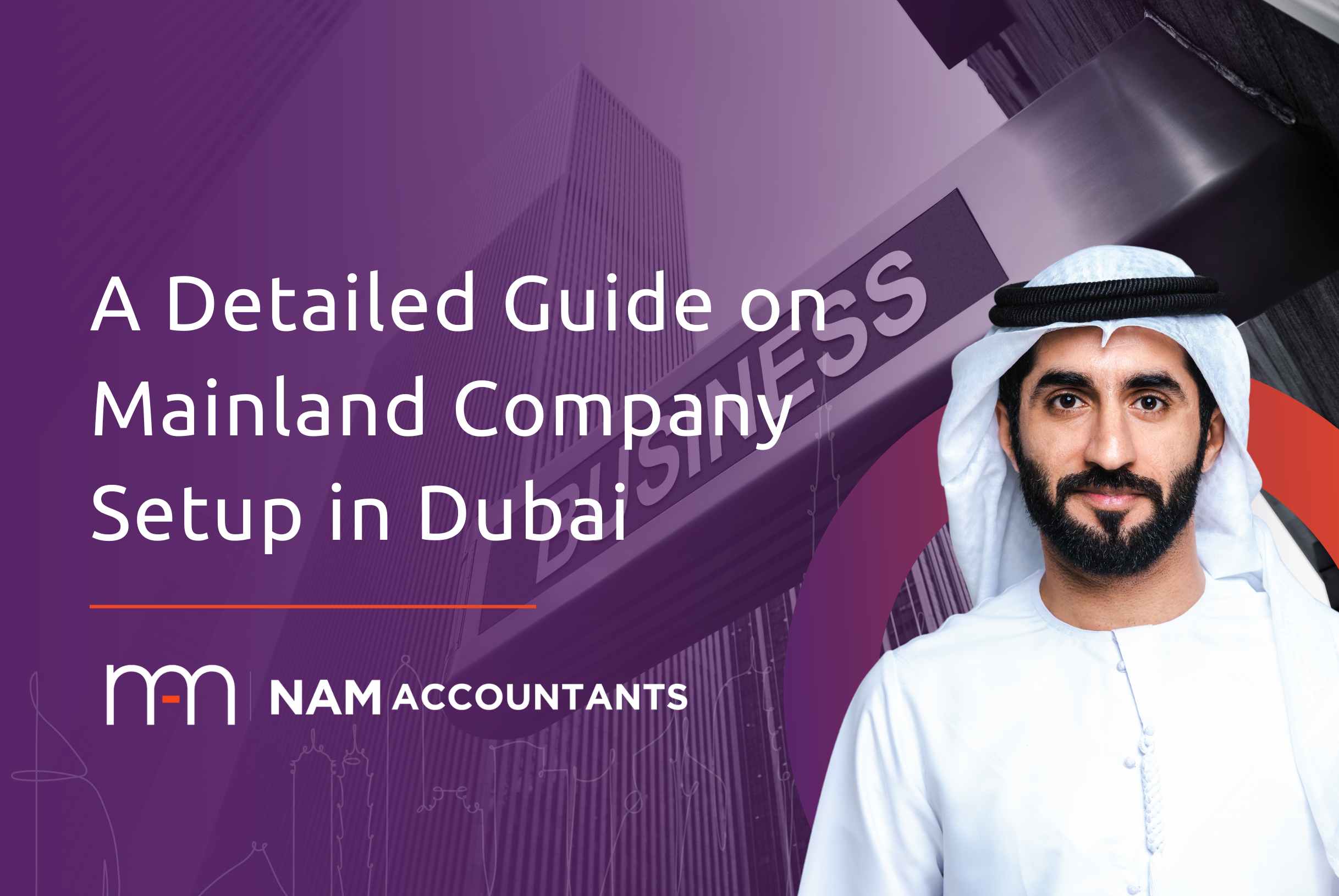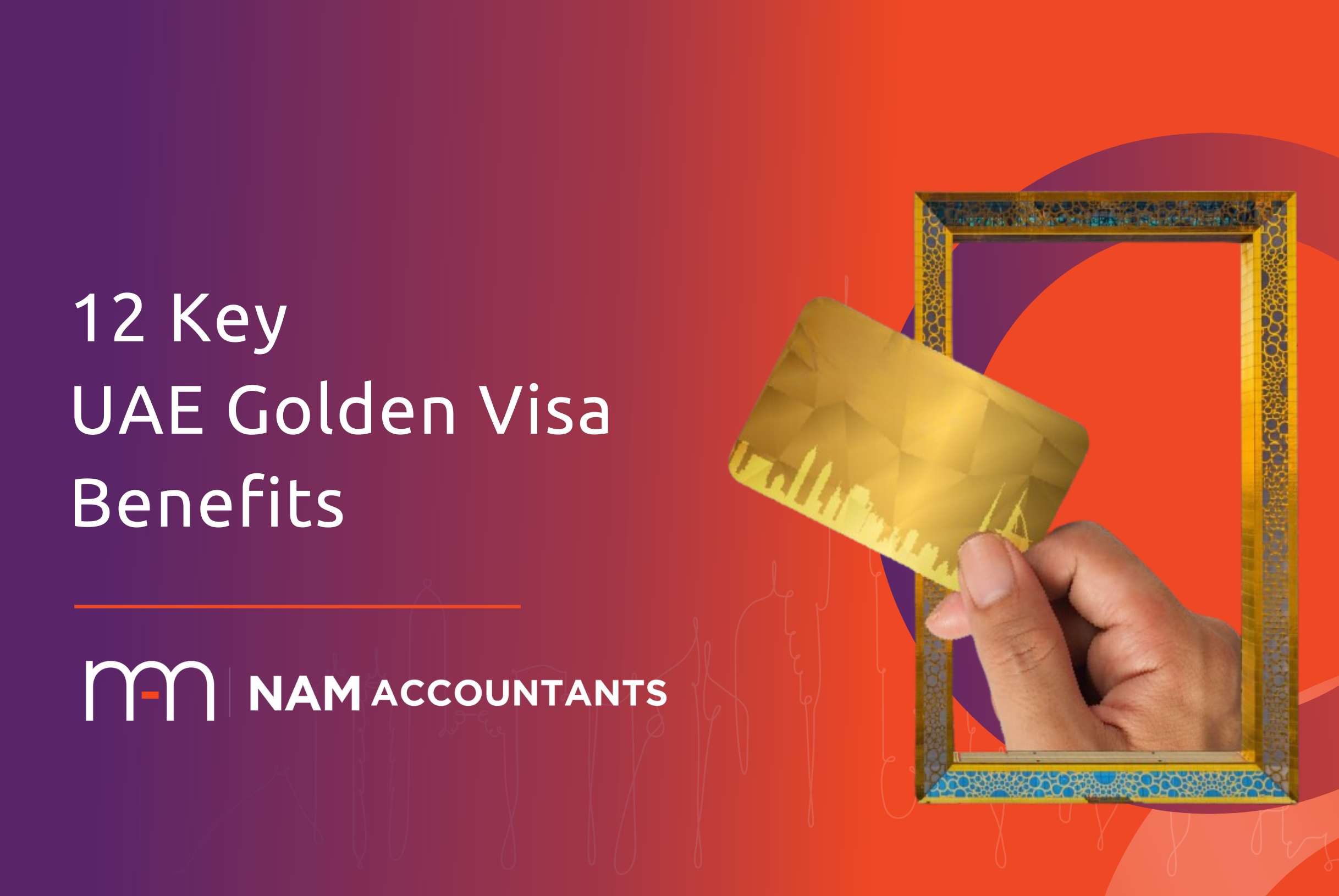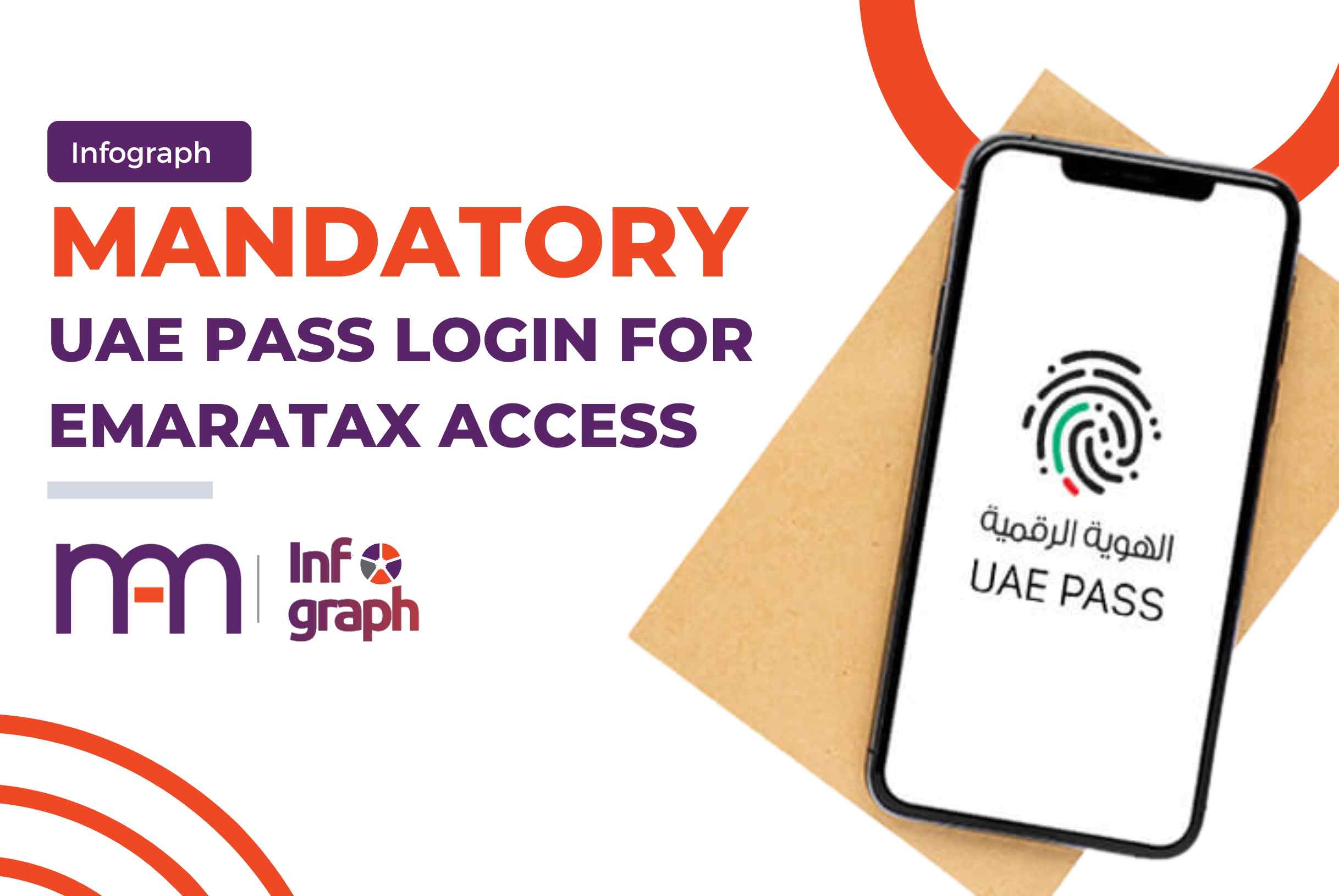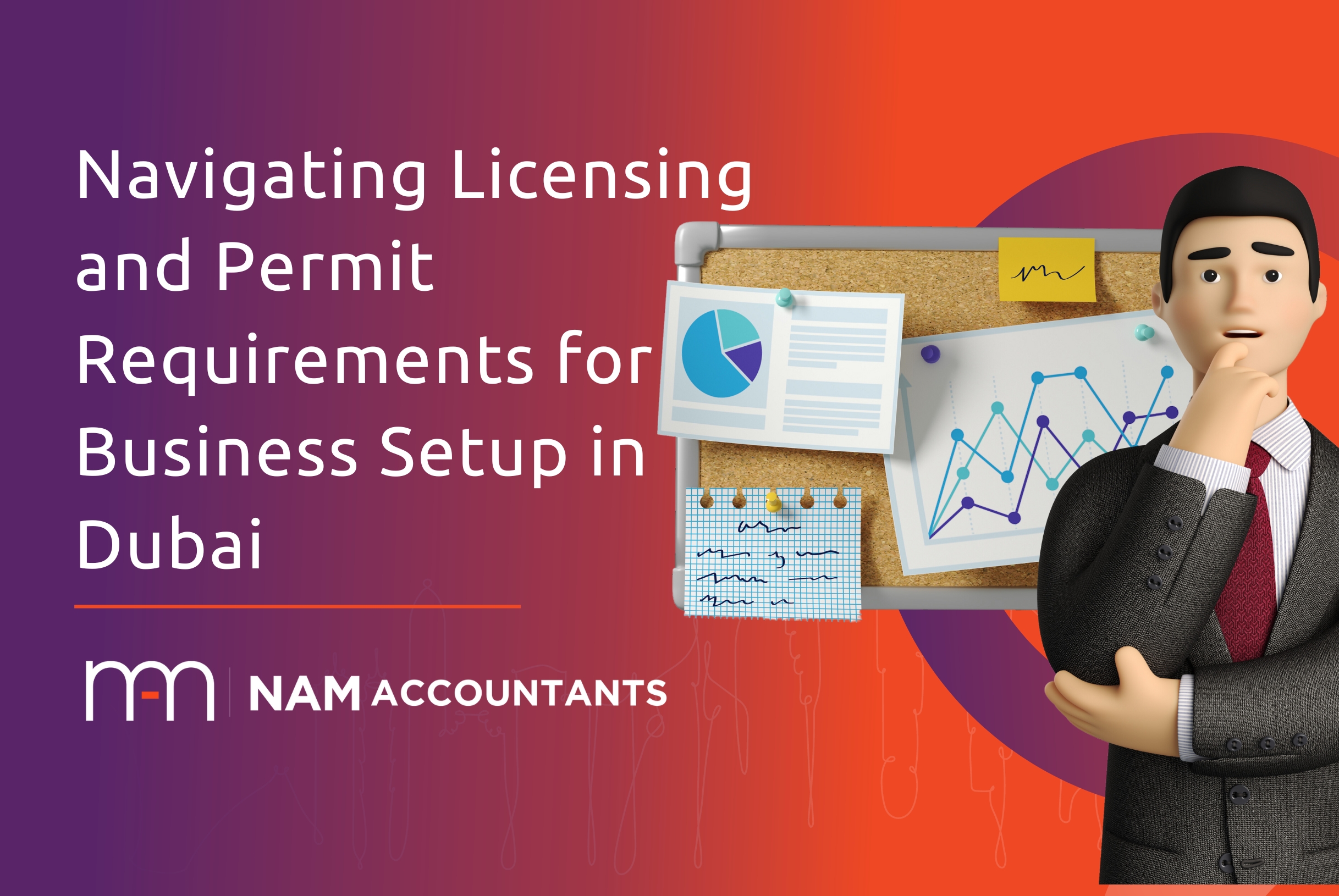Importance of Establishing a Mainland Company in Dubai
Establishing a mainland company in Dubai is an integral step for entrepreneurs and businesses looking to capitalize on the exciting commercial landscape of the UAE. Thanks to its strategic location, world-class infrastructure, and business-friendly environment, Dubai stands as an epicenter of economic prosperity in the Middle East.
Setting up a mainland company in Dubai cannot be understated. Compared with free zones or offshore entities, mainland companies provide greater flexibility for business activities, wider market access and direct involvement within their local market. They allow companies to engage in various sectors that cater to both local and international clientele while increasing growth potential and revenue streams.
Aim of this Guide
This guide aims to offer comprehensive insight and practical tips for navigating the complexities of mainland company setup in Dubai. From understanding legal framework and regulatory requirements to selecting an appropriate business structure and obtaining necessary licenses – every aspect of the company setup process will be covered thoroughly in this guide.
Through this content, readers will gain essential knowledge on selecting an ideal office location, understanding labor laws, opening corporate bank accounts, and handling taxation and financial considerations. Furthermore, strategies will be provided for building lasting relationships within Dubai’s bustling business community in order to foster long-term success.
By the end of this guide, entrepreneurs and businesses looking to establish a mainland company in Dubai will have all of the information and guidance they require to take the next steps with confidence. Let’s delve into all of the intricacies involved with setting up their operation here and unlock its many business opportunities.
Understanding Mainland Company Setup in Dubai

Within Dubai’s dynamic business ecosystem, mainland company setup holds immense significance for both entrepreneurs and corporations alike. A mainland company refers to any entity registered and licensed to operate within its broader jurisdiction – this allows unrestricted business activities throughout UAE territory and beyond.
Definition and Benefits of Mainland Companies
Establishing a mainland company in Dubai has numerous advantages. Most significantly, entrepreneurs benefit from having the freedom to undertake diverse business activities without being limited by free zones or offshore structures; this flexibility enables businesses to capitalize on different market opportunities while adapting quickly to evolving business trends.
Comparison with Other Business Structures (Free Zone, Offshore)
By contrast to free zones and offshore entities, mainland companies provide distinct advantages. While free zones offer tax exemptions and simplified procedures, their scope of operations and activities is often restricted compared to that of mainland companies. On the other hand, offshore entities provide privacy and asset protection benefits but cannot conduct business within UAE markets.
Advantages and Challenges of Mainland Company Setup
Establishing a mainland company setup in Dubai brings with it both advantages and challenges. One significant benefit is operating directly within local markets, forging stronger ties with customers, suppliers, and partners, while free zone entities require annual audits; mainland companies do not. This can reduce administrative burdens as well as related costs considerably.
Traversing the regulatory framework and compliance requirements can present mainland company setup in Dubai with its own set of challenges. From obtaining necessary approvals and licenses to adhering to labor laws and taxation policies, meticulous attention must be given in order to overcome such hurdles and create a sustainable business presence in Dubai.
Legal Framework in Dubai
An understanding of Dubai’s legal landscape, regulatory landscape, compliance requirements and legal nitty-gritty are of utmost importance for entrepreneurs looking to establish mainland companies within this vibrant city. Proper legal advice must also be sought and followed during company formation procedures in order to guarantee an easy process with no surprises along the way.
Regulatory Authorities and Compliance

Dubai boasts an in-depth regulatory structure administered by various authorities to maintain transparency, protect investors, and create a conducive business environment. Key regulatory bodies include the Department of Economic Development (DED), which issues business licenses to mainland companies, and the Ministry of Economy (MOE), which manages foreign investment regulations and trade policies.
Company Registration Procedures and Requirements
Company registration procedures can be quick yet require great attention to detail. Entrepreneurs must abide by specific guidelines and meet certain criteria in order to register a mainland company successfully. Typically, this will include selecting a name for your trade, selecting its activities, writing its Memorandum of Association (MOA), and submitting all the required documents to relevant authorities.
Documentation Needed for Company Formation
Documentation plays a significant role in company formation processes in Dubai. Essential documents include passport copies of shareholders and directors, proof of address verification documents, the Memorandum of Association outlining company goals and structure, NOC (No Objection Certificate) from sponsors if applicable, as well as legal translations for official purposes if documents not in Arabic are present.
Understanding Commercial Law and Regulations
Commercial laws and regulations in Dubai provide the legal basis for business activities, contracts, and disputes relating to business activities. Understanding them is integral for maintaining compliance and mitigating any potential legal risks; key areas include contract law, intellectual property rights protections, labor law requirements, and taxation regulations, each with unique provisions and requirements.
Choosing the Right Business Structure
Deciding upon an ideal business structure is of utmost importance when starting a mainland company setup in Dubai. Reviewing each option available and considering its impact on specific needs and goals are integral parts of creating a solid base for future success in business.
Evaluating Different Business Structures

Evaluating different business structures is the first step of the decision-making process. Entrepreneurs in Dubai have several options when selecting their structure of choice: sole proprietorships, partnerships, limited liability companies (LLCs), public or private joint stock companies – each structure having distinct advantages and limitations when it comes to liability, ownership taxation requirements, and regulatory oversight.
Factors Influencing Business Structure Selection
Numerous considerations go into choosing the most suitable business structure. These may include factors like business activity type, shareholder or partner count, desired level of control, and liability exposure as deciding factors. Entrepreneurs seeking limited liability with operational flexibility tend to opt for LLCs, while those preferring full control may select sole proprietorships instead.
Tailoring Business Structure to Specific Business Needs
Tailoring the business structure to specific business needs is essential to optimizing operational efficiency and maximizing benefits. Entrepreneurs must select an organizational structure that aligns with their long-term goals, risk tolerance, and growth ambitions while customizing ownership arrangements, profit-sharing mechanisms, and governance structures to fit the specific requirements of their enterprise.
Obtaining Necessary Licenses and Permits
A crucial component of setting up a mainland company in Dubai is acquiring all of the necessary licenses and permits required for legal compliance and smooth business operations. Understanding which types of licenses are needed, how they’re obtained, and meeting regulatory standards is vitally important for entrepreneurs navigating Dubai’s dynamic business scene.
Types of Licenses Required for Mainland Companies
Mainland companies often require various types of licenses depending on their business activities and industry sector. Common examples are commercial licenses, professional licenses, industrial licenses, and trade licenses to carry out certain business activities, such as trading, professional services provision, manufacturing, or general commercial activities.
Process for Obtaining Business Licenses
The process for acquiring business licenses involves several steps. First is the submission of all the required paperwork to the Department of Economic Development (DED), usually comprising a Memorandum of Association (MOA), passport copies of shareholders and managers, as well as a lease agreement for office space if applicable, as well as NOCs from sponsors if applicable. Once submitted and verified by authorities, licenses will then be issued accordingly upon approval.
Compliance with Regulatory Standards and Procedures
Compliance with regulatory standards and procedures is of the utmost importance throughout the licensing process and beyond, including adhering to specific requirements related to business activities, zoning regulations, health and safety requirements, environmental laws, and more. Failure to abide by such standards could result in fines, penalties, or even suspension of operations – thus emphasizing the importance of following legal requirements with full diligence and precision.
Selecting a Suitable Location
Choosing an ideal office location in Dubai is important when establishing a mainland company here; several factors need to be considered, such as accessibility, infrastructure needs, proximity to clients and suppliers, and the overall business environment. An understanding of these elements, as well as navigating Dubai’s business districts and property regulations, are important for entrepreneurs looking to establish themselves in this vibrant city.
Factors to Consider When Choosing Office Location
When choosing an office location in Dubai for their mainland company, entrepreneurs should prioritize accessibility and connectivity as top considerations. Picking a site near major highways, public transportation networks, airports, or key business hubs/commercial centers provides optimal operations as well as access to a pool of talent and resources that could benefit employees and clients alike.
Overview of Business Districts in Dubai
Dubai boasts an array of business districts catering to different industries and business needs, including bustling financial hub Dubai International Financial Centre (DIFC), vibrant commercial district Business Bay, and tech hub Dubai Internet City (DIC), which offer entrepreneurs numerous choices based on industry sector requirements and operational demands. Understanding each district’s special features is essential for making informed decisions which align with company goals and target market.
Lease Agreements and Property Regulations
Lease Agreements and property regulations are crucial in selecting office locations in Dubai. Entrepreneurs should become acquainted with the leasing process, rental rates, and regulations governing commercial real estate within Dubai. Furthermore, understanding your rights and responsibilities under any lease agreements you sign will allow for a smoother transition and reduced risks associated with leasing office space.
Hiring Employees and Labor Laws
Successful company formation in Dubai necessitates understanding the hiring process and labor laws as essential components. With its rapidly developing economy and diverse workforce, Dubai presents businesses with numerous opportunities. However, adherence to legal frameworks governing employment practices must also take place for compliance purposes and positive employee relations.
Overview of Labor Laws in Dubai
Labor laws in Dubai aim to safeguard both employers and employees while creating a fair and transparent work environment. The main employment legislation in place here is known as UAE Labor Law, which covers various aspects such as working hours, leave entitlements, termination procedures, and workplace health and safety standards. Understanding these laws is crucial for businesses seeking to avoid legal disputes while safeguarding the well-being of their workforces.
Recruitment Process and Hiring Practices
In Dubai, employers employ established procedures designed to attract and retain top talent. Employers typically advertise job vacancies through various channels such as online job portals, recruitment agencies, and networking events; employers then advertise these openings via various sources, like job boards. Once posted for consideration by prospective employees, an in-depth recruitment process typically follows with screening resumes, conducting interviews, and verifying references as part of its assessment of candidates’ qualifications for roles within an organization.
Employment Contracts and Legal Obligations

Employment contracts play a crucial role in defining the rights and obligations of both employers and employees. These contracts should clearly outline terms and conditions of employment, including job responsibilities, compensation, benefits, and termination clauses. Employers need to ensure that employment contracts comply with labor laws and reflect fair and equitable terms to avoid legal disputes in the future.
Employee Benefits and Rights
Benefits and rights for employees in Dubai are fundamental aspects of employment relationships. According to labor laws, employees are entitled to various benefits such as annual leave, sick leave, end-of-service gratuity and healthcare coverage from their employers – in accordance with legal requirements and industry standards – so as to attract and retain motivated workforces.
Taxation and Financial Considerations
Navigating taxation policies and financial considerations is essential for mainland company setup in Dubai, as understanding the fiscal landscape is integral to compliance and managing resources efficiently. From taxation policies for mainland companies to financial planning practices and accounting standards, entrepreneurs must have a deep knowledge of all of these aspects for optimal business operations.
Taxation Policies for Mainland Companies
Taxation policies specifically tailored to encourage economic growth while upholding fiscal stability, with taxes levied on income generated within its borders and subject to federal income tax with low rates compared with many other jurisdictions; as well as local taxes levied by individual emirates such as municipality fees or property taxes. Mainland companies operating within its borders are subject to corporate income tax levied at both federal and emirate levels; additionally they may incur local property or municipality fees taxes in individual emirate jurisdictions that impose additional local taxes as well.
Understanding Value Added Tax (VAT)
Understanding VAT is important for mainland companies conducting business in Dubai. Since its implementation in 2018, VAT has become part of efforts to diversify revenue sources and decrease reliance on oil revenues. If taxable supplies and imports exceed the mandatory threshold, mainland companies must register for VAT as they must abide by its regulations – invoicing properly, keeping records up-to-date, filing returns on time etc – in order to avoid penalties and ensure smooth operations.
Financial Planning and Budgeting
Establishing a mainland company in Dubai requires careful financial planning and budgeting. Entrepreneurs must create realistic financial projections, allocate resources effectively, monitor cash flow effectively, and establish sustainable cash flows to ensure the company’s long-term health and sustainability. This involves evaluating startup costs, ongoing expenses, revenue forecasts, investment requirements as well as potential sources of funds before devising an appropriate financial strategy for success.
Accounting and Bookkeeping Practices
Accounting and bookkeeping practices play an essential role in upholding financial transparency and meeting regulatory compliance. Mainland companies in Dubai must maintain accurate financial records in accordance with international accounting standards. Hiring qualified accountants or outsourcing accounting services can assist companies with meeting reporting obligations while supporting informed decision-making processes.
Conclusion
Discover the essential steps necessary for a mainland company setup in Dubai, from legalities to financial considerations. This guide provides all of the tools you need to create a successful venture in UAE’s dynamic landscape.























